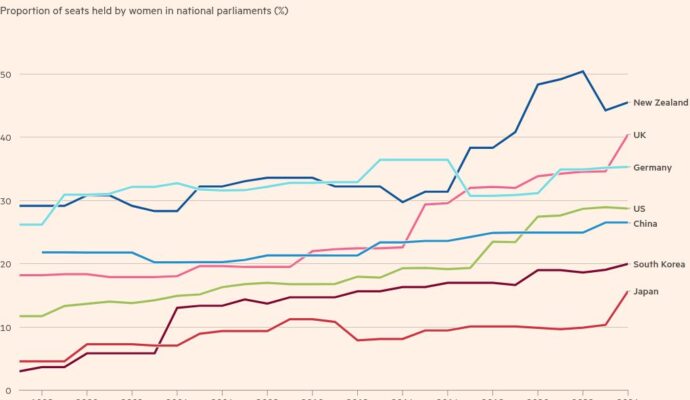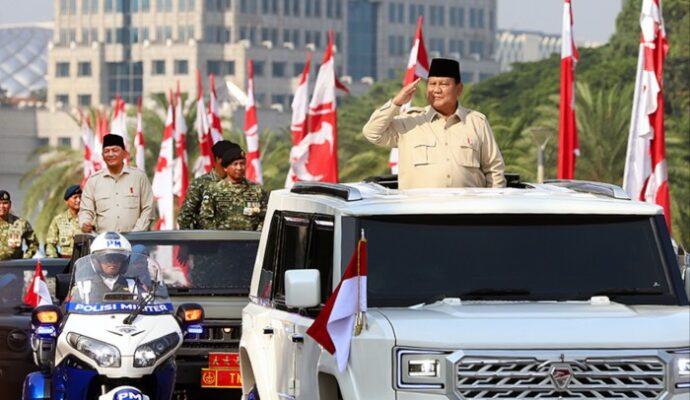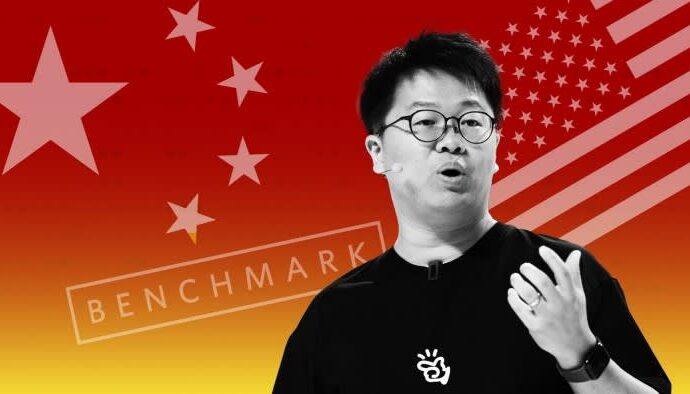Unlock the Editor’s Digest for free
Roula Khalaf, Editor of the FT, selects her favourite stories in this weekly newsletter.
Vietnam has been upgraded to emerging market status by an index provider for the first time, in a move that could bring in billions of dollars of investment into the country’s equity markets.
FTSE Russell cited Vietnam’s improvements to settlement of trades in its decision to elevate the country to a list of so-called secondary emerging markets, which includes China, India and Indonesia. The status will take effect next September, pending an interim review in March.
An upgrade from “frontier market” status comes at a crucial time for Vietnam, which has become a pivotal link in the global supply chain as manufacturing moves away from China.
Thuy Anh Nguyen, a director at Dragon Capital, a Vietnamese fund manager, said the upgrade could potentially bring in tens of billions of dollars in active investment and around $500mn of passive inflows.
“Previously institutional investors could not invest because we were classified as a frontier market,” said Nguyen. “Now that we are classified as EM it will be easier for them.”
Bill Hayton, an associate fellow for the Asia Programme at Chatham House, said the upgrade was “pretty significant for Vietnam” and “another step towards being treated as just another international economy”.
Vietnam has been on FTSE Russell’s watchlist for an upgrade since 2018 and undertook a series of market reforms to qualify. It has broadly loosened regulations to make it easier for foreign investors to trade, ending some foreign ownership limits and removing a requirement to fund transactions in advance. It has also adopted market infrastructure from the Korea Stock Exchange.
Despite a sharp sell-off following US President Donald Trump’s “liberation day” tariffs, which make the country’s export sector more expensive, the benchmark Ho Chi Minh stock index is up 33 per cent this year, making it among the top performers in Asia.
Investors said the government’s pivot to more business-friendly policies after Trump’s tariffs had helped bolster confidence in the stock market.
“Vietnam realised they’re so exposed to US so they’re really trying to up their game now,” said Ruchir Desai, a fund manager at Asia Frontier Capital. “They’re doing reforms on the ground in terms of trying to give more focus to the private sector, spending more on infrastructure, spending more on domestic investments.”
Last year the World Bank said an upgrade to emerging market status by MSCI, another index provider, and FTSE Russell could mean a net inflow of $25bn by 2030 if strong reforms continued and the global investment environment remained healthy.
MSCI classifies Vietnam as a frontier market but the country aims to earn an MSCI upgrade to emerging market by 2030. It is pushing to be classified as an “advanced emerging market” by FTSE by the same date and plans further reforms to meet the stricter criteria.
Investing in Vietnam from overseas has long been challenging. It can take months for investors to acquire the identification needed for the market and foreigners pay a premium for shares of some companies due to limits on non-Vietnamese ownership, said Owens Huang, a portfolio manager at Dalton Investments.
Most non-Vietnamese retail investors gain exposure via overseas listed funds. FTSE noted the “limited access to global brokers for trading in Vietnam” in its announcement of the upgrade.


